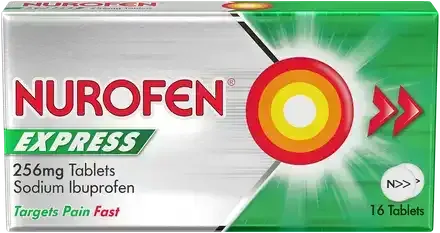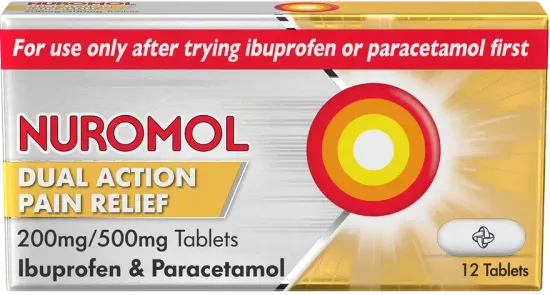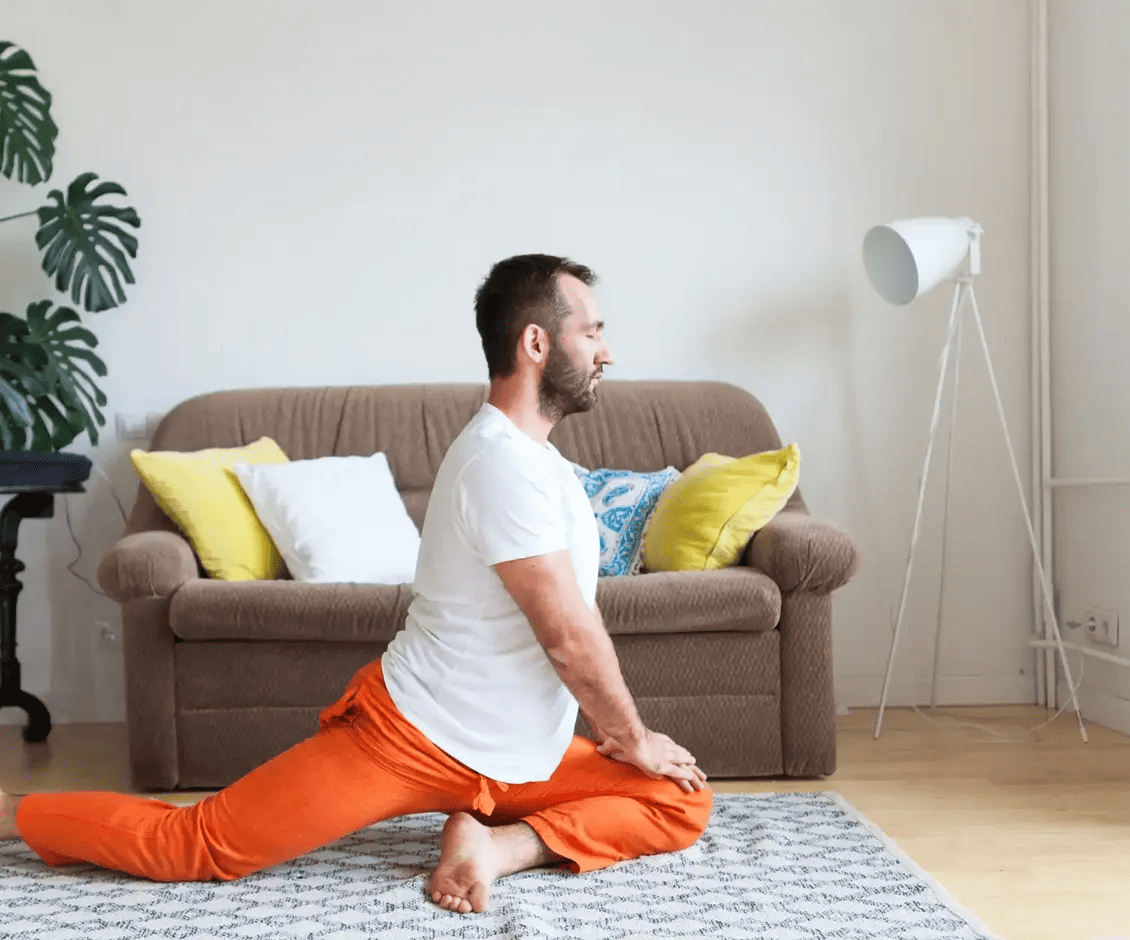A Comprehensive Guide to Knee Pain Relief: Causes, Symptoms, and Management
Knee pain is something nearly everyone may experience in their lifetimes, affecting an estimated 654 million people worldwide, whether from a sports injury, overuse, or age-related wear and tear.
But it's not all bad news: with the right knowledge and understanding of knee pain, you can manage knee pain effectively and get back to doing what you love.
In this article:
- Understanding Knee Pain: Common Causes and Symptoms
- Tips for Knee Pain Relief
- Preventing Knee Pain
- When to Seek Medical Advice About Knee Pain
Understanding Knee Pain: Common Causes and Symptoms
The knee is the largest joint in the body, consisting of bones, cartilage, ligaments, tendons, and fluid-filled sacs that work together to absorb and support your weight as you move.
This complex structure makes it vulnerable to a variety of issues making it one of the most commonly injured joints.
Knee pain can be caused by:
Overuse Injuries
These injuries can feel like a warm ache and produce stiffness and swelling. They are often the result of stress from repetitive activities like running or jumping.
Knee pain can be a symptom of different conditions such as:
- Patellofemoral Pain Syndrome
- Tendinitis
- Osgood-Schlatter disease
- Bursitis
Do not self-diagnose without first consulting your healthcare professional.
Injuries:
If you injure your knee, you may experience pain or discomfort around your knee joint.
Common knee injuries include:
- Ligament tears (e.g., ACL, MCL, LCL injuries)
- Meniscus tears
- Hyperextension
- Dislocations
Arthritis:
Arthritis can cause symptoms like pain, swelling and stiffness in the knee.
Several types of arthritis can cause knee pain, including:
- Osteoarthritis (most common in older adults)
- Rheumatoid arthritis
- Post-traumatic arthritis
Recognising the underlying cause is the first step toward appropriate treatment and long-term knee health.
Tips for Knee Pain Relief
Managing knee pain effectively requires a combination of self-care, treatments, and lifestyle adjustments.
Home Treatments: The RICE Method
The RICE method is a first-line approach for relieving pain and swelling, especially after injuries:
- Rest: Stop physical activity to prevent further strain.
- Ice: Apply ice packs wrapped in a tea towel for 15–20 minutes every hour for the first day, then every 3–4 hours thereafter to help reduce inflammation.
- Compression: Use elastic bandages to minimise swelling (ensure it’s not too tight).
- Elevation: Keep the knee raised above heart level to promote fluid drainage.
Physiotherapy
Your GP may prescribe physiotherapy if you're dealing with knee pain or recovering from an injury.
A physiotherapist will guide you through specific exercises designed to strengthen the leg muscles supporting your knee, restoring function to your knee, enhancing stability and potentially alleviating pain.
Pain Relief Medications
Over-the-counter medications can offer short term relief for your acute pain:
- Paracetamol: Helps manage mild to moderate pain.
- Ibuprofen: Reduces pain with anti-inflammatory properties.
- Nurofen Joint and Muscular Pain Relief Medicated Plasters: Provides targeted relief by delivering ibuprofen directly to the affected area to inhibit the production of pain causing chemicals (prostaglandins).
Always follow the product instructions and consult a healthcare provider if the pain persists.
Preventing Knee Pain
Preventing knee pain is often easier than treating it. By making small lifestyle changes, you can reduce your risk of injuries and protect your knees long-term.
Key Tips to Help Prevent Pain
- Stretch and warm up before physical activities to prepare your joints and muscles for a workout.
- Refrain from exercise if your knee hurts before or during physical activity.
- Cool down and stretch after exercising.
- Allow your body time to recover after intense exercise.
- Reduce your risk of injury by relieving your home of clutter you might trip over, use proper equipment to reach items on higher surfaces, wear the right equipment, and support yourself with a cane or walker if you experience such difficulty.
When to Seek Medical Advice About Knee Pain
While mild knee pain often resolves with home care, certain symptoms require professional evaluation.
Speak to a healthcare professional if you experience:
- Severe swelling accompanied by redness or warmth around the knee.
- Knee pain lasting more than a few days despite relief methods at home.
- Difficulty moving, or bearing weight on, the knee.
- Painful clicks, or a sense that the knee is “giving way.”
- A visible change in the knee’s shape.
After a knee injury, knee pain should improve after a few days. Visit a healthcare provider if your knee pain worsens or if you are concerned about your knee pain for any reason.
This article is for general information only and not intended as a substitute for medical advice. All information presented on these web pages is not meant to diagnose or prescribe. In all health-related matters, always consult your healthcare professional.
Always read the product label. Use only as directed. Incorrect use could be harmful. If symptoms persist consult your healthcare professional.
RT-M-6QNFNk





